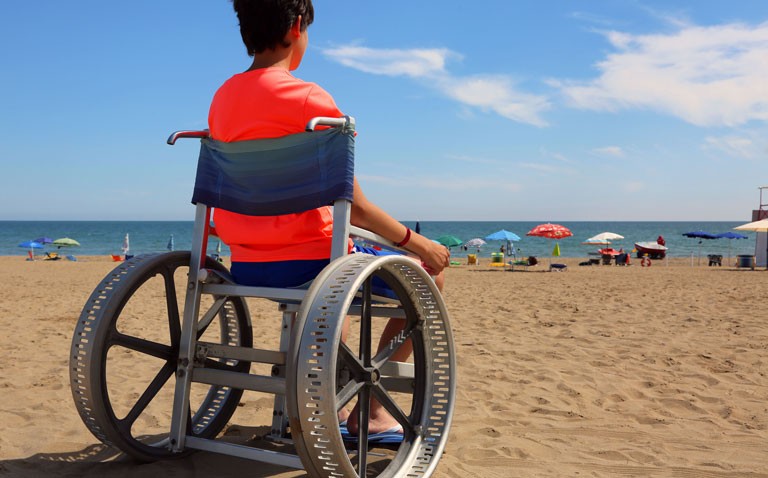Oral teriflunomide has been granted a license extension for use in paediatric patients aged 10 years and over.
The European Medicines Agency, has extended the licensed indication for teriflunomide to include its use in children from 10 years of age. The drug is used for the treatment of relapsing-remitting multiple sclerosis, a chronic, inflammatory, autoimmune disease that affects an estimated 2.8 million people worldwide. However, MS is not purely an adult disease and it is estimated that over 30,000 cases occur in those 18 years or less. This paediatric MS is normally defined as an MS with an onset before the age of 16 years (sometimes before the age of 18 years). There are also noticeable differences between paediatric MS adult disease. For instance, more than 98% of those with paediatric MS experience a relapsing-remitting pattern (compared to 84% in adults) and children have a three-fold greater (than adults) rate of disease relapse. Moreover, paediatric MS has a negative impact on a child’s psychological wellbeing, affecting their self-image, role functioning, mood, cognition as well as an adverse effect on schooling.
The mode of action of teriflunomide in MS is thought to be related to its effects on the proliferation of stimulated lymphocytes. The drug selectively and competitively blocks the enzyme, dihydro-orotate dehydrogenase, which plays a key role in the de novo synthesis of pyrimidines and which are required in proliferating lymphocytes. An oral formulation of the drug was approved by the EU in 2013 for the use in adults based on the results of four studies involving over 2700 adults with relapsing-remitting MS.
The extension of the license for paediatric use was granted by the European Medicines Agency (EMA) based on the results of the TERIKIDS study, which is a 96-week, randomised, double-blind, placebo-controlled, parallel-group Phase III study of teriflunomide in paediatric RMS patients. Participants receive either placebo or teriflunomide (based on body weight equivalent to 14mg in adults) and the eligibility criterion is that patients had greater than one or two relapses within the last 12 or 24 months. The study enrolled patients, aged 10–17 years, with a mean age of 14.6 years (67% female) with 109 in the teriflunomide and 57 in the placebo arms. The primary endpoint was the time to first confirmed relapse and one of the secondary outcomes was MRI lesion number.
A summary of the results were presented at the 2020 EAN Virtual Congress which revealed how teriflunomide reduced the risk of clinical relapse by 34% relative to placebo (75.3 vs 39.1 weeks), however, this reduction was not statistically significant (hazard ratio, HR = 0.66, 95% CI 0.66–1.10, p =0.29). The MRI analysis revealed that teriflunomide significantly reduced the number of T1 gadolinium (Gd)-enhancing lesions per MRI scan (relative reduction 75%; p<0.0001) as well as the number of new and enlarging T2 lesions per MRI scan (relative reduction 55%, p=0.0006). Furthermore, overall incidences of adverse events and serious adverse events were similar in the teriflunomide and placebo groups (88.1% vs 82.5%, and 11.0% vs 10.5%) respectively and there were no deaths. Overall, teriflunomide appeared to be well tolerated.










